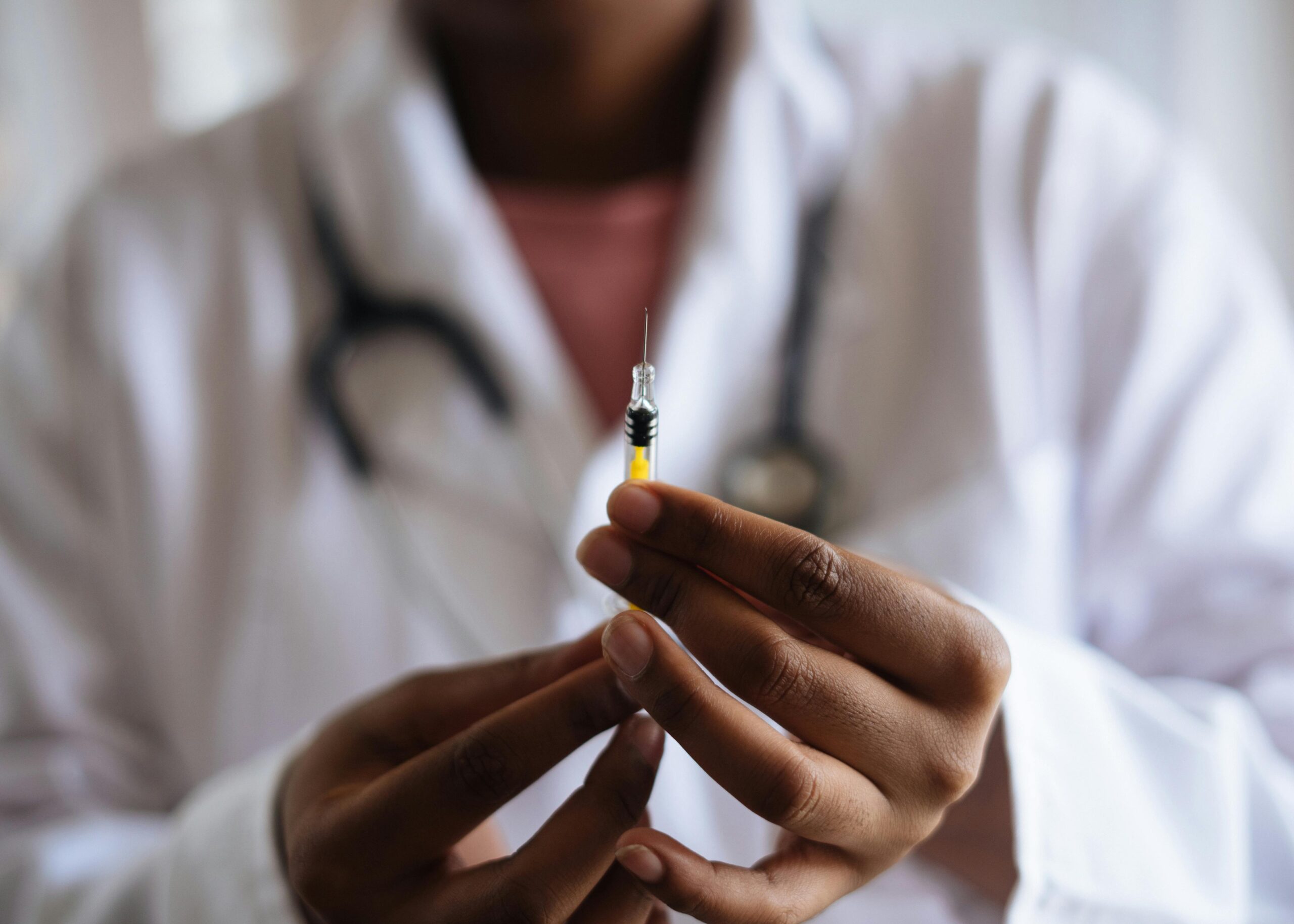A British woman experienced a stunning recovery after being declared clinically dead for 40 minutes, drawing attention from both medical professionals and the public, as reported by Times Now. Kirsty Bortoft from North Yorkshire had endured three heart attacks, placing her in a medically induced coma.
During this critical period, her husband Stu maintained unwavering hope, staying by her side, awaiting any sign of improvement. Against all expectations, after 40 minutes without vital signs, Bortoft's heart resumed beating.
What makes her recovery even more remarkable is the absence of heart or lung damage upon awakening from her coma, a condition typically expected following prolonged oxygen deprivation.
Typically, when the body experiences an extended lack of physiological activity, brain cells start to die within four to six minutes without oxygen. This process, known as cerebral anoxia, usually leads to irreversible brain damage and eventual brain death, according to medical experts.
Studies in resuscitation science published in journals like Circulation and Resuscitation emphasize that survival chances decrease significantly with each passing minute after cardiac arrest, usually resulting in worsened neurological outcomes.
Dr. Sam Parnia, a leading resuscitation expert and director of resuscitation research at Stony Brook University School of Medicine, notes that recovery without neurological deficits following such a prolonged clinical death is exceedingly rare. His work, including contributions to the Aware study, suggests that although resuscitation techniques have advanced, the odds are generally unfavorable for individuals without a heartbeat for an extended period.
Despite some isolated cases described in detailed case studies where patients have defied odds, a critical factor in such recoveries involves therapeutic hypothermia—cooling the body to slow the brain's metabolic rate. This procedure, endorsed by organizations like the American Heart Association, shows promise in improving outcomes for those experiencing cardiac arrest.
However, achieving full recovery after 40 minutes of clinical death is not a common expectation in medical practice. Oxygen deprivation during each minute compounds damage to the brain and vital organs, often leading to severe, long-term complications if the individual is revived.
In summary, the likelihood of returning to a normal, healthy life after being clinically dead for an extended period, such as 40 minutes, remains extremely low. Although the human body can exhibit remarkable resilience, and medical advancements continually push boundaries, the narrative of returning unscathed from such a brink of death duration remains an extraordinary occurrence.




